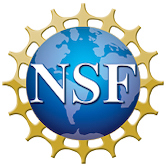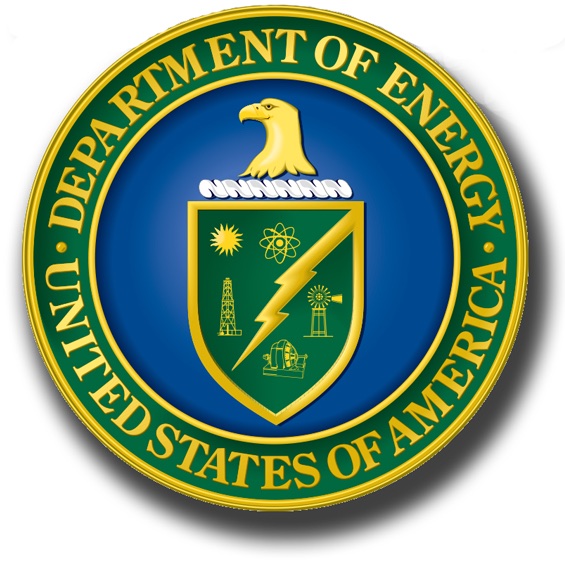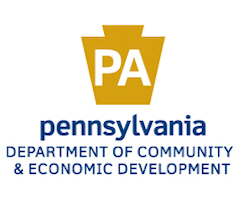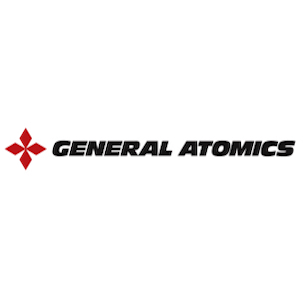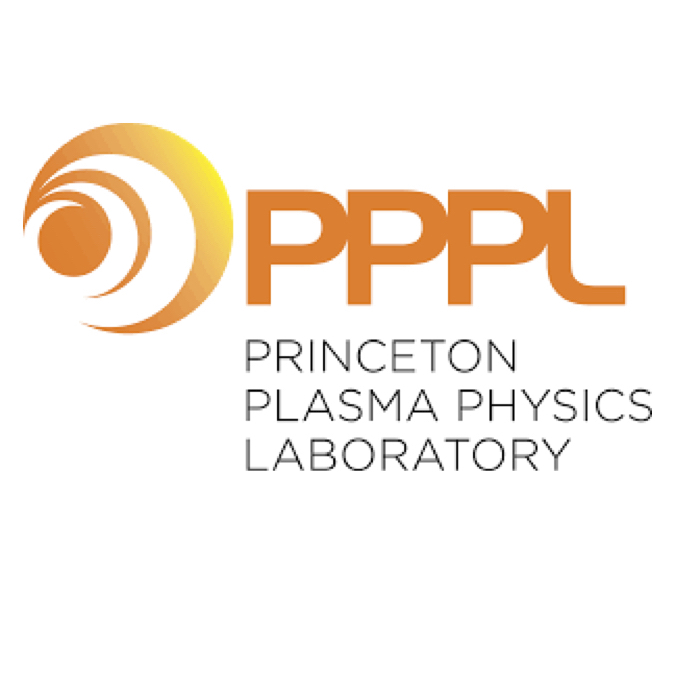Nonlinear Burn Control and Operating Point Optimization in ITER
M.D. Boyer, E. Schuster
Division of Plasma Physics (DPP) Annual Meeting of the American Physical Society (APS)
Denver, Colorado, USA, November 11-15, 2013
|
Abstract
|

|
Control of the fusion power through regulation of the plasma density
and temperature will be essential for achieving and maintaining desired
operating points in fusion reactors and burning plasma experiments
like ITER. In this work, a volume averaged model for the evolution of
the density of energy, deuterium and tritium fuel ions, alpha-particles,
and impurity ions is used to synthesize a multi-input multi-output
nonlinear feedback controller for stabilizing and modulating the burn
condition. Adaptive control techniques are used to account for
uncertainty in model parame- ters, including particle confinement
times and recycling rates. The control approach makes use of the
different possible methods for altering the fusion power, including
adjusting the temperature through auxiliary heating, modulating the
density and isotopic mix through fueling, and altering the impurity
density through impurity injection. Furthermore, a model-based
optimization scheme is proposed to drive the system as close as
possible to desired fusion power and temperature references.
Constraints are considered in the optimization scheme to ensure that,
for example, density and beta limits are avoided, and that optimal
operation is achieved even when actuators reach saturation.
